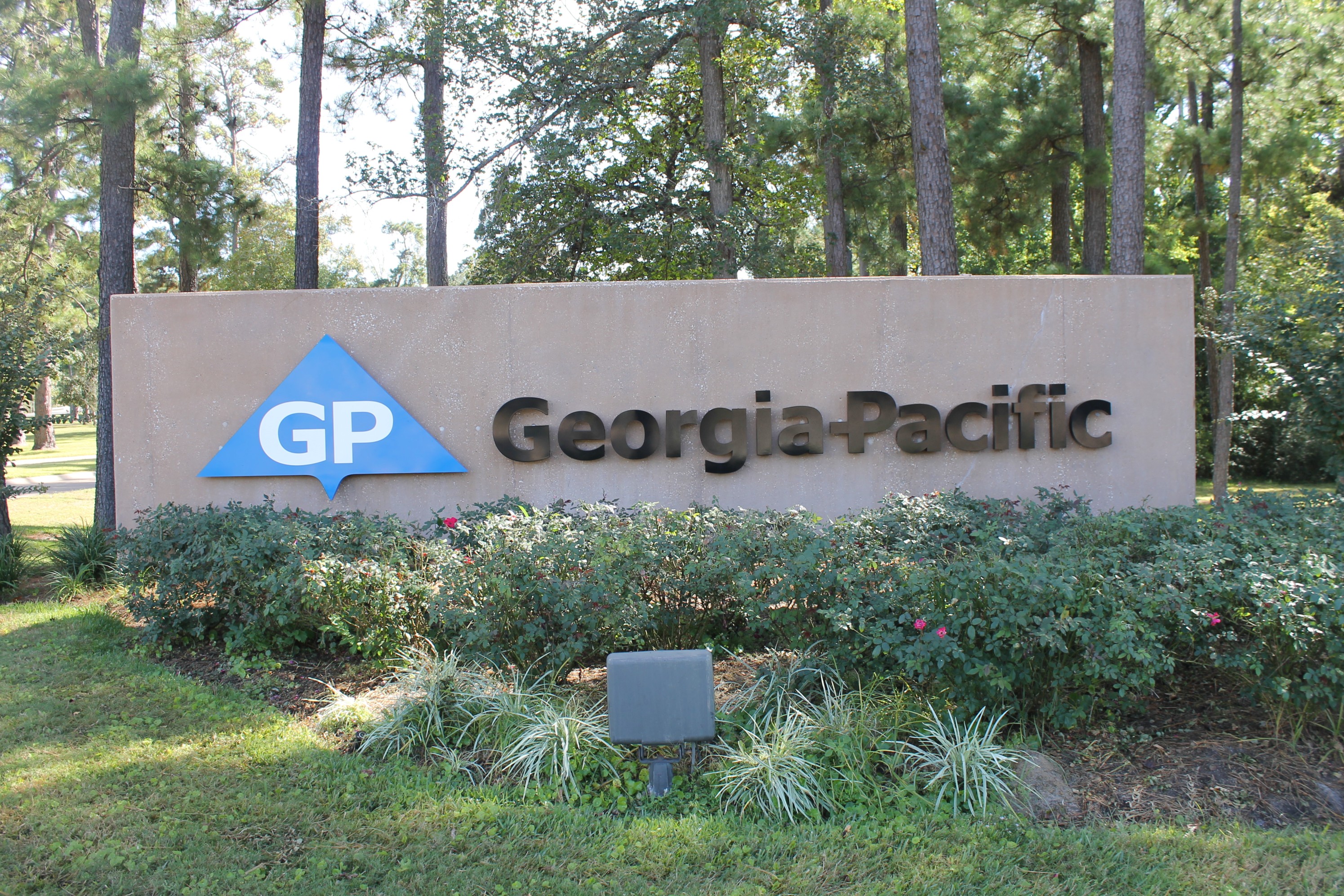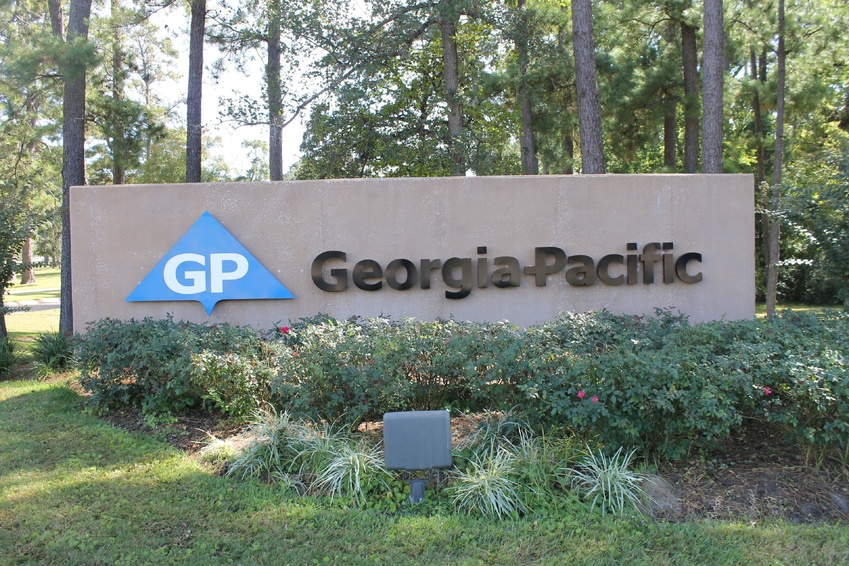Georgia-Pacific’s Savannah River facility in Rincon, Georgia, has started accepting polyethylene (PE)-coated paper cups as part of its mixed paper recycling stream. This marks the third Georgia-Pacific mill to do so, joining its locations in Green Bay, Wisconsin, and Muskogee, Oklahoma. These sites are now capable of repurposing fibers from PE-coated cups and various other mixed paper materials to create products like tissues, napkins, and paper towels.
This development is the result of close collaboration with the Foodservice Packaging Institute (FPI) and the NextGen Consortium, a cross-industry initiative led by Closed Loop Partners’ Center for the Circular Economy. Their joint efforts aim to broaden the acceptance and recycling of PE-coated cups.
“With the growing use of disposable paper cups, waste from these items has also increased,” explained John Mulcahy, vice president of stewardship at Georgia-Pacific, the company behind the Dixie® cup brand. “As a major producer of paper-based foodservice packaging, we’re committed to reducing resource consumption. Integrating PE-coated cups into our mixed paper recycling stream is a meaningful stride toward that goal.”
In the past, paper cups with plastic coatings, along with leftover food or drink, were typically excluded from recycling due to processing challenges. However, Georgia-Pacific’s successful repulping trials have demonstrated that the fibers within these cups can be effectively recovered while separating out the plastic layer. This reclaimed fiber is then reused in the manufacture of everyday paper products.
Kate Daly, managing partner and head of the Center for the Circular Economy at Closed Loop Partners, noted that Georgia-Pacific’s ability to repulp coated cups will have a positive impact on the foodservice sector’s sustainability efforts. “The addition of the Savannah River mill to the recycling network is a major step forward,” Daly said. “We’ve seen real progress in paper cup recycling, and this expansion strengthens the market for recycled cup materials. Georgia-Pacific’s commitment demonstrates the ongoing value of these resources.”
Georgia-Pacific is also working with the NextGen Consortium to test newer versions of paper cups that use bio-based coatings, which are more compatible with recycling and composting systems.
With the mills in Rincon, Green Bay, and Muskogee now participating, Georgia-Pacific and FPI are collaborating to extend recycling access for PE-coated cups to more households through curbside collection programs. FPI, which advocates for the foodservice packaging industry, supports efforts to reduce environmental impact and improve end-of-life options for packaging.
“We’re thrilled to support Georgia-Pacific’s initiative to recycle poly-coated paper cups,” said Natha Dempsey, president of FPI. “We’re eager to work with additional communities to help them establish or expand the capability to recycle these items.”
This development is the result of close collaboration with the Foodservice Packaging Institute (FPI) and the NextGen Consortium, a cross-industry initiative led by Closed Loop Partners’ Center for the Circular Economy. Their joint efforts aim to broaden the acceptance and recycling of PE-coated cups.
“With the growing use of disposable paper cups, waste from these items has also increased,” explained John Mulcahy, vice president of stewardship at Georgia-Pacific, the company behind the Dixie® cup brand. “As a major producer of paper-based foodservice packaging, we’re committed to reducing resource consumption. Integrating PE-coated cups into our mixed paper recycling stream is a meaningful stride toward that goal.”
In the past, paper cups with plastic coatings, along with leftover food or drink, were typically excluded from recycling due to processing challenges. However, Georgia-Pacific’s successful repulping trials have demonstrated that the fibers within these cups can be effectively recovered while separating out the plastic layer. This reclaimed fiber is then reused in the manufacture of everyday paper products.
Kate Daly, managing partner and head of the Center for the Circular Economy at Closed Loop Partners, noted that Georgia-Pacific’s ability to repulp coated cups will have a positive impact on the foodservice sector’s sustainability efforts. “The addition of the Savannah River mill to the recycling network is a major step forward,” Daly said. “We’ve seen real progress in paper cup recycling, and this expansion strengthens the market for recycled cup materials. Georgia-Pacific’s commitment demonstrates the ongoing value of these resources.”
Georgia-Pacific is also working with the NextGen Consortium to test newer versions of paper cups that use bio-based coatings, which are more compatible with recycling and composting systems.
With the mills in Rincon, Green Bay, and Muskogee now participating, Georgia-Pacific and FPI are collaborating to extend recycling access for PE-coated cups to more households through curbside collection programs. FPI, which advocates for the foodservice packaging industry, supports efforts to reduce environmental impact and improve end-of-life options for packaging.
“We’re thrilled to support Georgia-Pacific’s initiative to recycle poly-coated paper cups,” said Natha Dempsey, president of FPI. “We’re eager to work with additional communities to help them establish or expand the capability to recycle these items.”


 Georgia-Pacific Expands Recycling of PE-Coated Paper Cups at Savannah River Mill
Georgia-Pacific Expands Recycling of PE-Coated Paper Cups at Savannah River Mill





 Companies
Companies